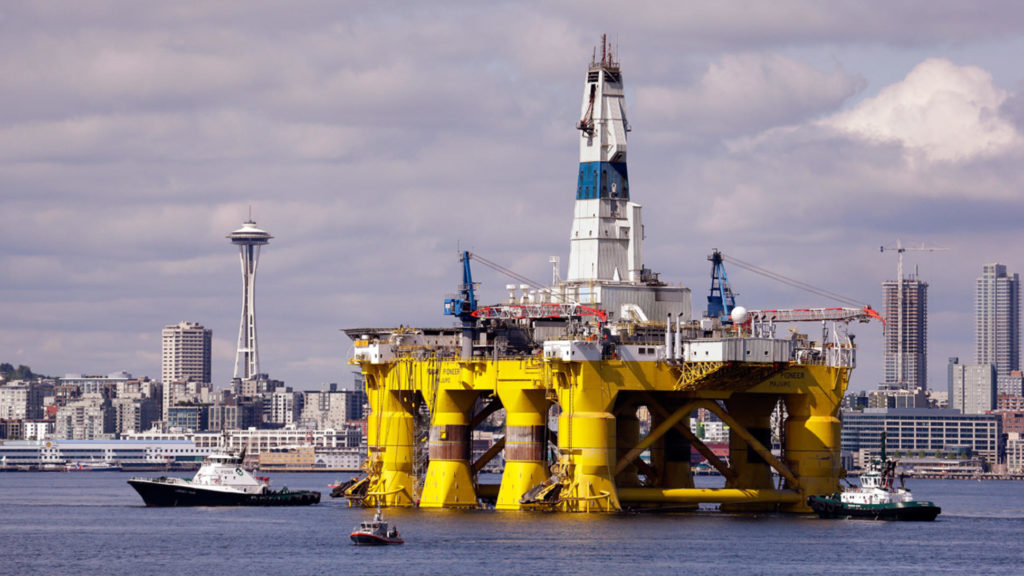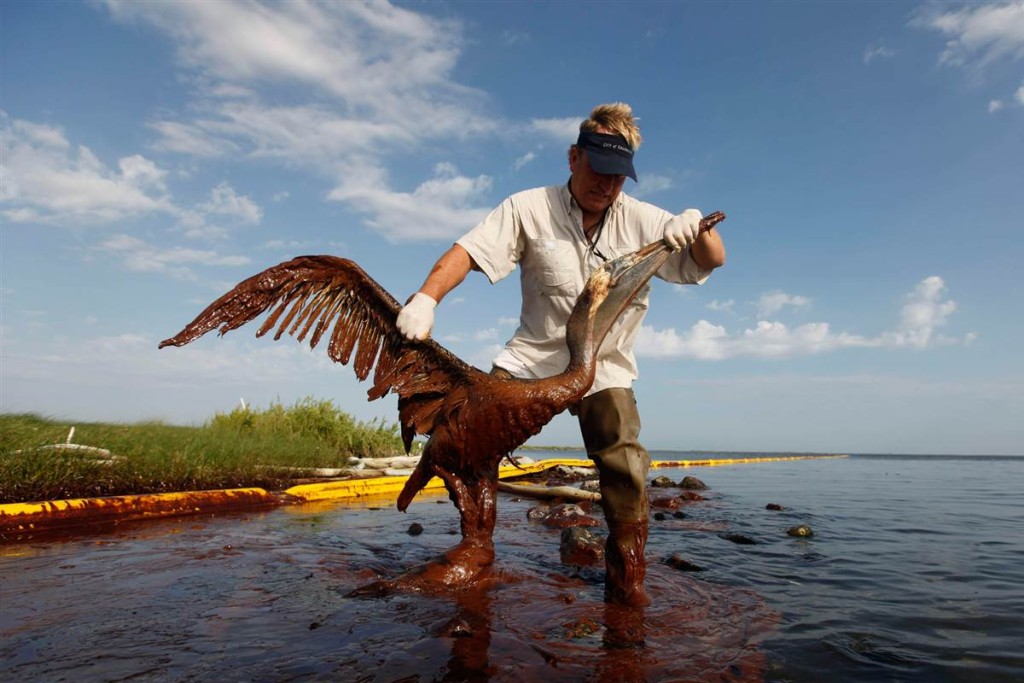Barack Obama bans future oil leases in much of Arctic, Atlantic

President Barack Obama has designated the bulk of U.S.-owned waters in the Arctic Ocean and certain areas in the Atlantic Ocean as indefinitely off limits to future oil and gas leasing. The move on Tuesday helps put some finishing touches on Obama’s environmental legacy while also testing President-elect Donald Trump‘s promise to unleash the nation’s untapped energy reserves. Environmental groups hope the ban, despite relying on executive powers, will be difficult for future presidents to reverse. The White House says Obama has used a provision in a 1953 law to ban offshore leases in the waters permanently. The Atlantic waters placed off limits are 31 canyons stretching off the coast of New England south to Virginia. Canada is also placing a moratorium on new leasing in its Arctic waters. Republished with permission of The Associated Press.
Bill would open more of Gulf to oil and gas drilling

U.S. Sens. Thad Cochran and Roger Wicker of Mississippi are supporting legislation to expand energy exploration in the Gulf of Mexico. The Republican lawmakers are co-sponsors of a bill that will also provide additional revenue for Mississippi, Louisiana, Alabama and Texas. The legislation, introduced by U.S. Sen. Bill Cassidy, a Louisiana Republican, would amend a 2006 law to open parts of the Outer Continental Shelf for oil and gas exploration. It would redefine President Barack Obama‘s Eastern Gulf of Mexico drilling moratoria to open access to energy resources in areas 50 miles from the Florida coastline. Cochran and Wicker say the legislation also raises the revenue sharing cap to $700 million annually from the current $500 million, allowing the four coastal states greater say in the use of their offshore drilling revenues. “Offshore energy exploration is important to boosting the Gulf Coast’s overall economy,” Wicker said in a news release. “America thrives when our Gulf Coast thrives. This bill would provide precisely what Mississippi needs to prosper — an increase in jobs, revenue, and use of our natural resources.” Cochran said Mississippi’s energy industry is diversified and growing, making it important for job creation and meeting national energy goals. “Our energy policies should be geared toward greater U.S. energy and economic security, and that means responsibly maximizing our own energy resources. This legislation would move us in that direction for the benefit of our nation and Mississippi,” he said. Cochran said a 2014 study by Quest Offshore estimates that developing oil and gas operations in the eastern Gulf of Mexico could, by 2035, produce nearly 1 million barrels of oil equivalent per day and contribute more than $18 billion per year to the U.S. economy. Republican U.S. Sens. David Vitter of Louisiana and John Cornyn of Texas are also co-sponsors of the legislation. Republished with permission from The Associated Press.


